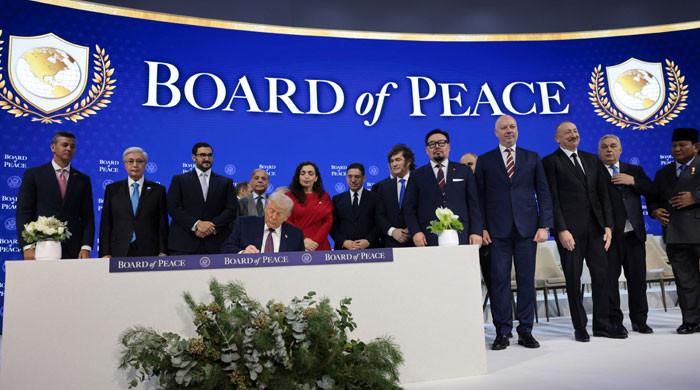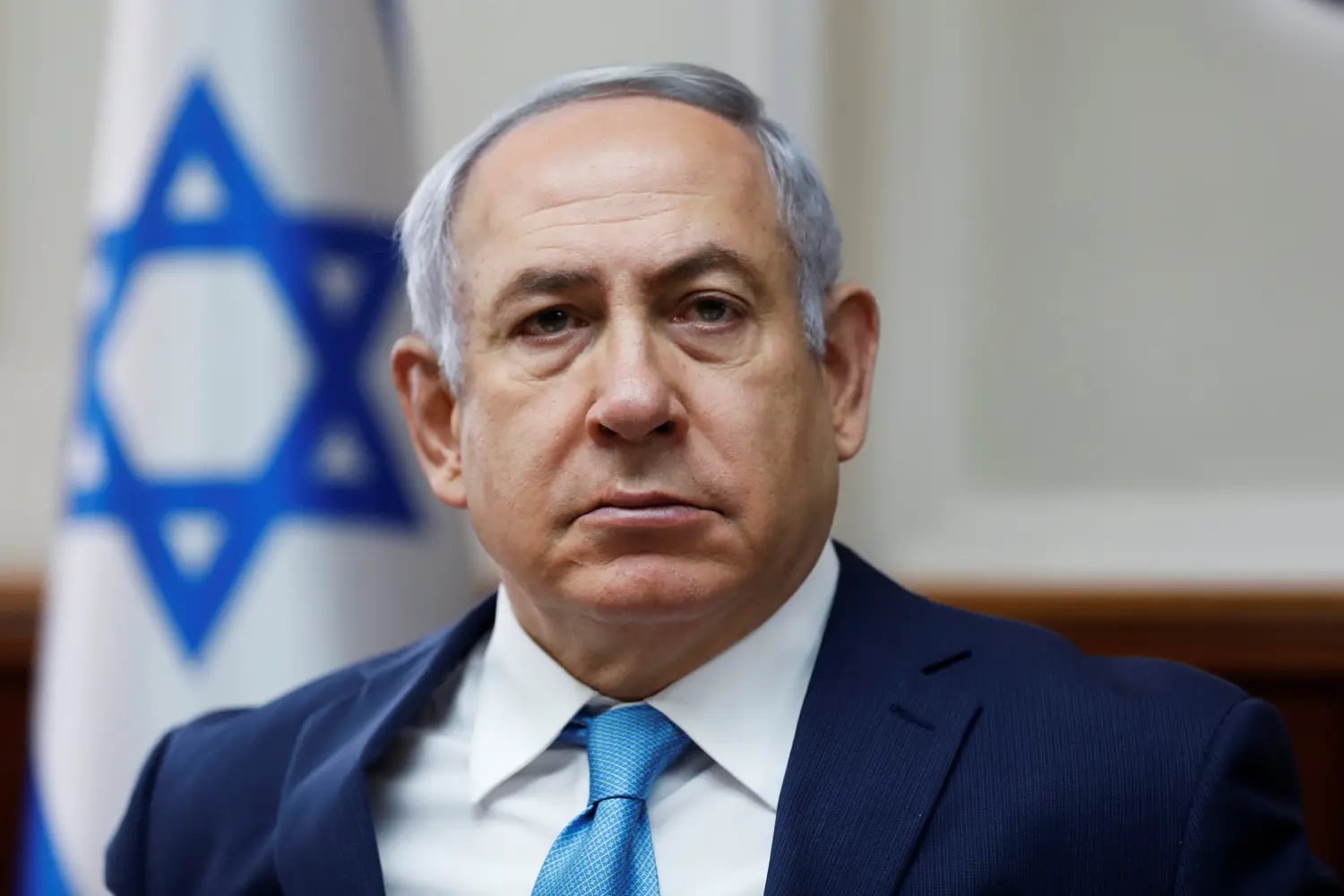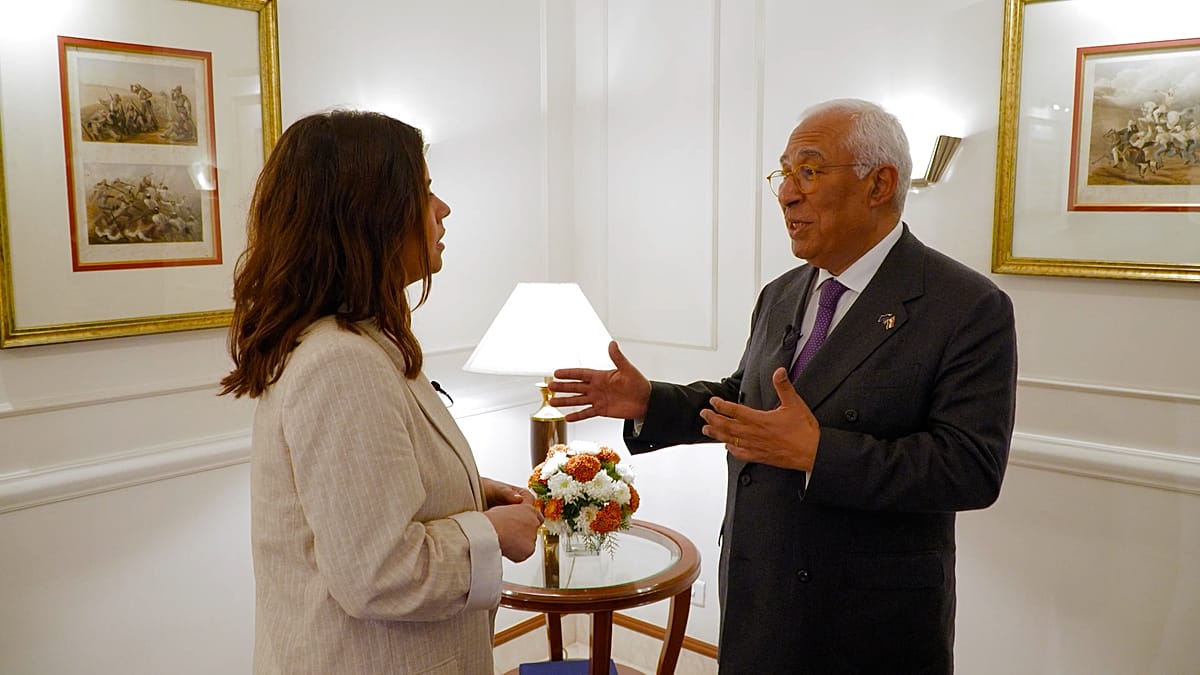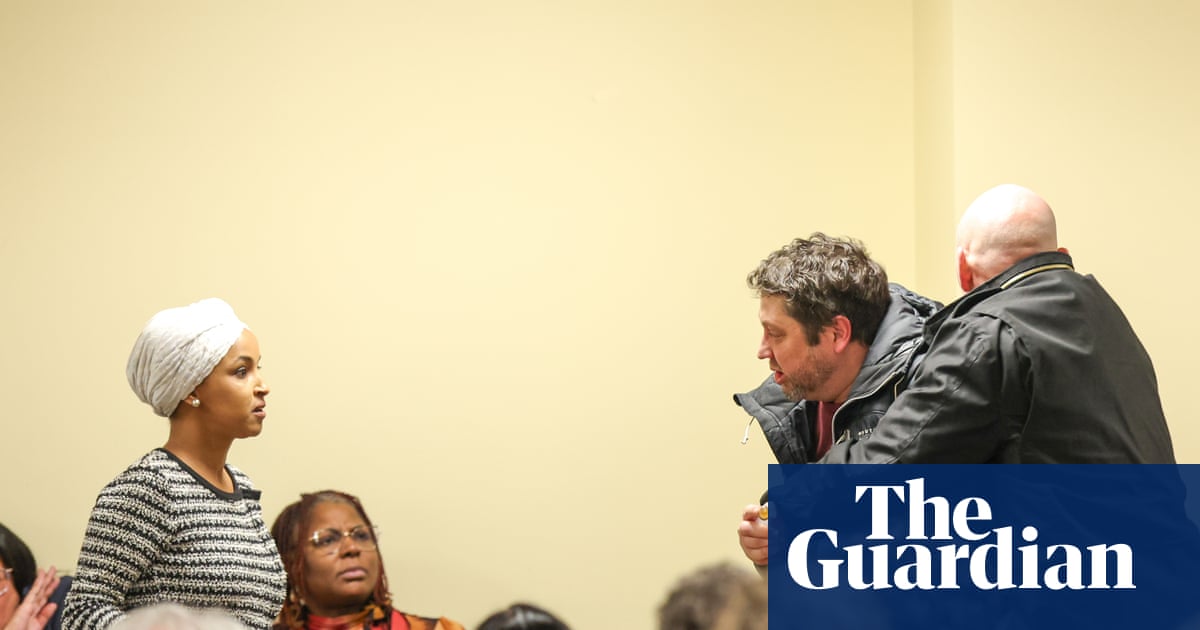- US tells UN: Gaza demilitarization to include internationally funded buyback program Reuters
- Hamas seeks role for its police in Gaza ahead of talks Dawn
- Hamas disarmament in Gaza comes with ‘some sort of amnesty’: US official Al Jazeera
- Hamas…
Category: 2. World
-
US tells UN: Gaza demilitarization to include internationally funded buyback program – Reuters
-
Fall of top Chinese general stirs US uncertainty about China's military – Reuters
- Fall of top Chinese general stirs US uncertainty about China’s military Reuters
- Exclusive | China’s Top General Accused of Giving Nuclear Secrets to U.S. – WSJ The Wall Street Journal
- China’s Anti-Corruption Work Is Set to Get Even More…
Continue Reading
-
Talking or Fighting, All of Iran’s Options Are Bad – The Wall Street Journal
- Talking or Fighting, All of Iran’s Options Are Bad The Wall Street Journal
- No indications that Iran is willing to give into US demands investingLive
- Alice Johnson middleeastmonitor.com
- Trump’s noose tightens on Iran — here’s what must…
Continue Reading
-

Pakistan among 26 countries named founding members of Trump’s Gaza ‘Board of Peace’
US President Donald Trump signs the Charter of the Board of Peace, during a charter announcement for Trump’s Board of Peace initiative aimed at resolving global conflicts, alongside the 56th annual World Economic… Continue Reading
-
UNPFII Chairperson Statement at the Dakar High Level Preparatory Meeting for the 2026 UN Water Conference
Dakar High‑Level Preparatory Meeting for the 2026 UN Water Conference, 26 January
High‑Level Opening Segment
Statement of the Chairperson of the United Nations Permanent Forum on Indigenous Issues
Excellencies, Distinguished Ministers,…
Continue Reading
-
UNPFII Chairperson Statement at the Dakar High Level Preparatory Meeting for the 2026 UN Water Conference
Dakar High‑Level Preparatory Meeting for the 2026 UN Water Conference, 26 January
High‑Level Opening Segment
Statement of the Chairperson of the United Nations Permanent Forum on Indigenous Issues
Excellencies, Distinguished Ministers,…
Continue Reading
-

Israel to keep full control over Gaza: Netanyahu
Israel to keep full control over Gaza: Netanyahu – Daily Times
…Continue Reading
-

Threat of US-Iran war escalates as Trump warns time running out for deal | Iran
The threat of a US-Iranian war may be looming closer after Donald Trump warned time was running out for Tehran and said a massive US armada was moving quickly towards the country “with great power, enthusiasm and purpose”.
Writing on social…
Continue Reading
-

India trade deal cements EU’s voice in ‘multipolar world’, Costa tells Euronews
The European Union is reasserting itself in a multipolar world after signing what has been dubbed the “mother of all deals” with India this week, European Council President António Costa told Euronews.
In an interview from Delhi after the…
Continue Reading
-

Lawmakers condemn ‘disgusting’ attack on Ilhan Omar at Minneapolis town hall | Ilhan Omar
Lawmakers from both parties have come out to condemn the attack on Ilhan Omar after the Minnesota congresswoman was sprayed with an unknown substance during her town hall Tuesday night in Minneapolis.
In an interview with CNN on Wednesday, the…
Continue Reading